De-Addiction Treatment: A Path to Recovery
By
Dr G Om Prakasham
M.B.B.S, MS, MCh, FACS(Singapore)
Chairman, Lotus Wellness
Mental Health Advocate
Consultant Heart Surgeon
Addiction is a devastating issue that affects not only the individual but their family and community. Whether it's alcohol, drugs, gambling, or other harmful behaviors, addiction can take a toll on mental and physical health, relationships, and quality of life. However, the good news is that with the right *de-addiction treatment* and support, recovery is possible.
In this blog, we'll explore what de-addiction treatment is, its importance, and how to find the best treatment options for a successful recovery journey.
What is De-Addiction Treatment?
De-addiction treatment refers to structured medical and therapeutic interventions designed to help individuals overcome addiction. This process often involves detoxification, counseling, medication, and various forms of therapy aimed at restoring a healthy lifestyle. Whether the addiction is to substances like alcohol and drugs, or behaviors such as gambling, the goal of treatment is to address the underlying causes and help the individual regain control of their life.
Importance of Seeking Treatment
The stigma surrounding addiction can prevent many from seeking the help they need. However, untreated addiction can lead to severe health complications, financial instability, and strained relationships. By seeking *de-addiction treatment*, individuals can not only stop harmful behaviors but also develop coping strategies for future challenges.
Types of De-Addiction Treatments
1. *Detoxification (Detox):*
This is often the first step in the recovery process. Detox helps the body rid itself of the addictive substance, which can be physically and emotionally challenging. A medically supervised detox ensures that withdrawal symptoms are managed safely.
2. *Inpatient Rehabilitation:*
Inpatient rehab programs provide a structured environment with 24/7 support. Patients stay in the facility for a period, often 30 to 90 days, and receive intensive therapy sessions to address both the addiction and its root causes.
3. *Outpatient Programs:*
For individuals who cannot commit to inpatient care, outpatient programs offer flexibility. Patients can continue to live at home while attending regular therapy and counseling sessions. This allows them to maintain their daily responsibilities while receiving treatment.
4. *Therapy and Counseling:*
Cognitive Behavioral Therapy (CBT) and other forms of counseling play a crucial role in de-addiction treatment. These therapies help individuals understand the triggers for their addiction and learn new ways to cope with stress, anxiety, or trauma.
5. *Medication-Assisted Treatment (MAT):*
For some, medication is prescribed to manage withdrawal symptoms or reduce cravings. MAT is particularly effective for opioid and alcohol addictions when combined with therapy and counseling.
6. *Support Groups:*
Groups like Alcoholics Anonymous (AA) or Narcotics Anonymous (NA) provide peer support, allowing individuals to share their experiences and gain strength from others who are on the same journey.
Long-Term Recovery and Aftercare
Recovery doesn't end when treatment does. Aftercare is crucial to long-term success and often involves regular check-ins, continued therapy, and participating in support groups. Relapse prevention strategies are also key to maintaining sobriety, ensuring individuals can face challenges without returning to addictive behaviors.
How to Choose the Right De-Addiction Treatment Center
Choosing the right treatment center is an essential step toward recovery. Here are some tips to help you find the best option:
- *Accreditation and Licensing:* Ensure the facility is accredited and employs licensed professionals.
- *Comprehensive Treatment Plans:* Look for a center that offers individualized treatment plans, addressing both the addiction and any co-occurring mental health disorders.
- *Therapeutic Approaches:* Ensure the facility uses evidence-based therapies like CBT, Dialectical Behavior Therapy (DBT), or Motivational Interviewing.
- *Support Services:* Check for aftercare support and programs designed to help with long-term recovery.
The Role of Family in Recovery
Family plays a vital role in the recovery process. Many de-addiction centers offer family therapy sessions to help loved ones understand the addiction and support their loved one's journey toward sobriety. Having a strong support system can increase the chances of a successful recovery.
Conclusion
Addiction can feel like an insurmountable challenge, but with the right de-addiction treatment, recovery is within reach. If you or a loved one is struggling with addiction, don't hesitate to seek professional help. The journey may be difficult, but the rewards—health, happiness, and a renewed sense of purpose—are worth every step.
If you’re searching for effective *de-addiction treatment* options, explore centers that offer personalized plans, medically supervised detox, and comprehensive aftercare. Treatment is not one-size-fits-all, and finding the right support can make all the difference in achieving lasting sobriety.
ABOUT LOTUS WELLNESS REHAB
Lotus is India’s Finest Holistic rehab offering the best treatment programs for Detox, Addiction Rehabilitation, Mental health and overall wellness.
CONTACT LOTUS
We at LOTUS WELLNESS AND REHABILITATION CENTER in Coimbatore are happy to help you or your loved one overcome his or her Alcohol, Drug or substance addiction and stand up for RECOVERY .
LOTUS WELLNESS AND REHABILITATION CENTER
Pollachi, Coimbatore , Tamilnadu , India
Call confidentially 24/7 (+91 7339062555)
Reach us at info@lotuswellness.life
To know more about us visit our website
www.lotuswellness.life

